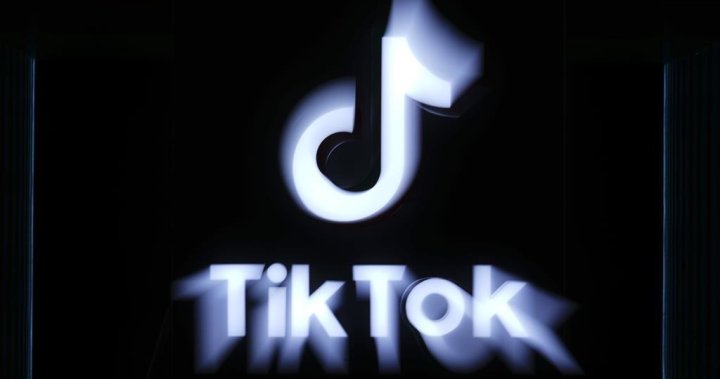Paragraph 1: TikTok Ban and Privacy Investigations
Canada’s decision to ban TikTok from government-issued devices due to national security concerns has repercussions for ongoing privacy investigations. Privacy Commissioner Philippe Dufresne expressed concerns that the ban will hinder efforts to compel TikTok’s cooperation in these investigations. While Canadian privacy laws allow for court orders to compel companies to provide evidence, enforcing such orders becomes significantly more challenging when the company’s operations are no longer within Canadian jurisdiction. This is particularly relevant given the ongoing joint investigation by federal and provincial privacy commissioners into TikTok’s data collection practices, specifically regarding younger users.
Paragraph 2: Challenges in Enforcing Canadian Law on Foreign Entities
Dufresne highlighted the practical difficulties of enforcing Canadian court orders on foreign companies. While cooperation can be sought if a "real and substantial connection to Canada" exists, such as Canadian users of a service, the enforcement becomes problematic when the company’s assets are located elsewhere. This involves navigating the complexities of international law and relying on foreign courts to enforce Canadian decisions, which introduces uncertainties and potential delays in obtaining necessary information for investigations. The TikTok ban exacerbates this issue, making access to evidence and testimony more difficult.
Paragraph 3: Ongoing Privacy Investigations and National Security Concerns
Despite the ban, the ongoing privacy investigation into TikTok’s data practices will continue, with a final report expected in the coming months. This investigation, launched in collaboration with British Columbia, Alberta, and Quebec, focuses on whether TikTok obtained proper consent for collecting, using, and disclosing personal information, particularly from younger users. The national security concerns surrounding TikTok stem from its Chinese ownership (ByteDance) and the potential for the Chinese government to compel the sharing of user data under Chinese law. Similar concerns have led to bans and potential bans in other countries, including the United States.
Paragraph 4: Transparency and the Need for Stronger Privacy Laws
Dufresne emphasized the importance of transparency in government decisions, though he acknowledged limitations due to confidentiality concerns. He also advocated for stronger privacy laws in Canada, specifically granting enforcement powers to the Privacy Commissioner’s office. This would allow for swifter action against companies found to have violated privacy laws, preventing them from evading consequences through lengthy legal processes. The current system’s limitations are evident in cases like the 2019 investigation into Meta (Facebook), where despite findings of privacy violations, no penalties have yet been issued.
Paragraph 5: The Case of Meta and the Need for Timely Enforcement
The Meta example illustrates the need for more effective enforcement mechanisms in Canadian privacy law. Despite a 2019 investigation concluding that Meta failed to obtain proper user consent for data sharing, the company has yet to face any penalties. This highlights the challenges in holding tech companies accountable for privacy violations and underscores the importance of empowering the Privacy Commissioner’s office with direct enforcement capabilities to ensure timely and effective action. While Meta recently settled a class-action lawsuit in Quebec related to data sharing, the settlement involved no admission of wrongdoing.
Paragraph 6: Broader Implications and the Future of Data Privacy
The TikTok ban and the challenges in enforcing privacy laws highlight the complex interplay between national security, data privacy, and the rapidly evolving technological landscape. As social media platforms and other tech companies continue to collect and utilize vast amounts of user data, the need for robust privacy regulations and effective enforcement mechanisms becomes increasingly critical. Strengthening the Privacy Commissioner’s office with enforcement powers would contribute to a more effective and timely response to privacy violations, promoting greater accountability within the tech industry and protecting the privacy rights of Canadians. The ongoing investigations and discussions surrounding TikTok underscore the urgency of addressing these issues in a comprehensive and proactive manner.










